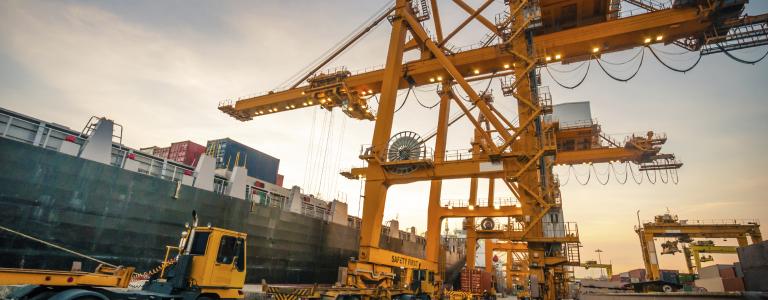The Trans-Pacific Partnership, Part I: A deal too far
The release of the Trans-Pacific Partnership Agreement last fall has unleashed a heated debate over its costs and benefits.
With the release of the Trans-Pacific Partnership Agreement (TPP), a debate has been growing over the so-called “trade” agreement among twelve Pacific Rim countries.
Should governments ratify the deal? Will it expand trade in a significant way? Who will be the winners and losers?
But defining winners and losers only in trade terms misses the much broader impacts of the TPP and hide the basis required for assessing its real impacts. In effect, it ignores the fact that the TPP's non-trade provisions, such as in the areas of investment and intellectual proper rights, threaten to exacerbate inequality.
It is time for Canada to say that this is a deal too far. Rather, Canada should use this as a jumping-off point to lead a new global dialogue on the right directions for trade agreements. Part 2 of this commentary will focus on how trade agreements should and can be instruments to support, rather than impede, achieving the globally adopted Sustainable Development Goals.
You might also be interested in
Securing India's Copper Supply
This policy brief emphasizes the need for India to develop a comprehensive copper strategy.
Why Liquefied Natural Gas Expansion in Canada Is Not Worth the Risk
An analysis of the economic and environmental risks of liquified natural gas expansion in Canada.
Rethinking Investment Treaties
International investment treaties and their investor–state dispute settlement (ISDS) system are facing growing scrutiny. But what would an alternative system—one fit for the challenges of the 21st century—look like?
CSDDD: EU's Due diligence law vote should drive supply chain sustainability efforts
The European Parliament has voted to adopt the Corporate Sustainability Due Diligence Directive, aiming to address the environmental and social impacts of the supply chains of Europe's large corporations.
